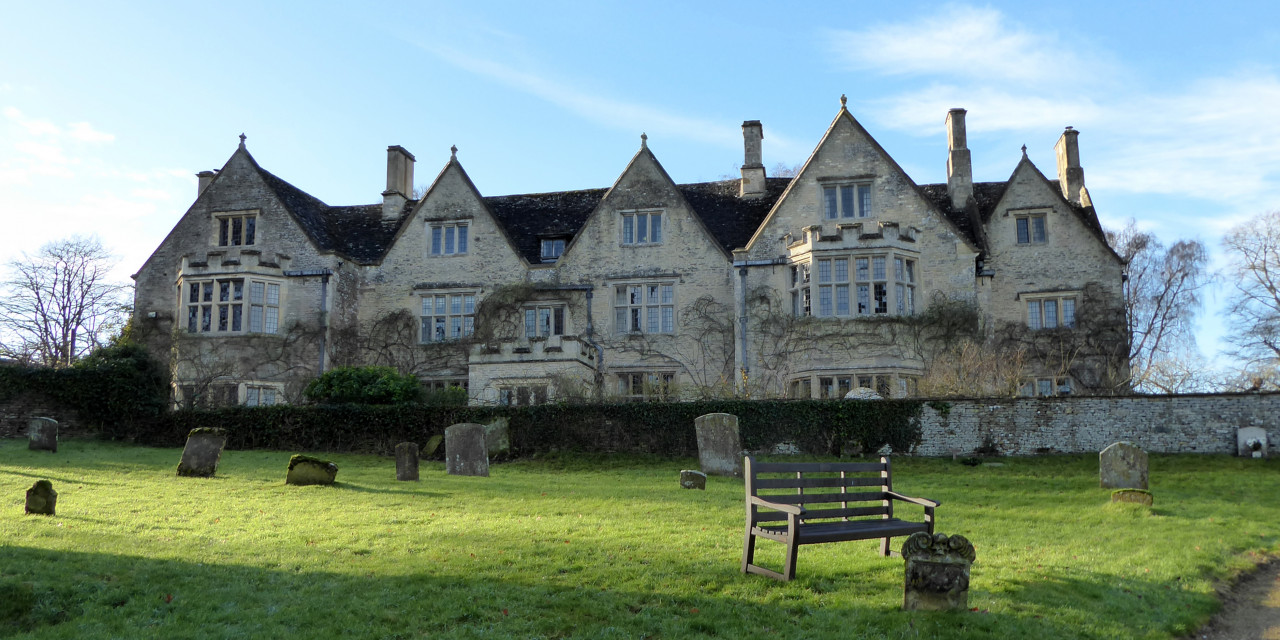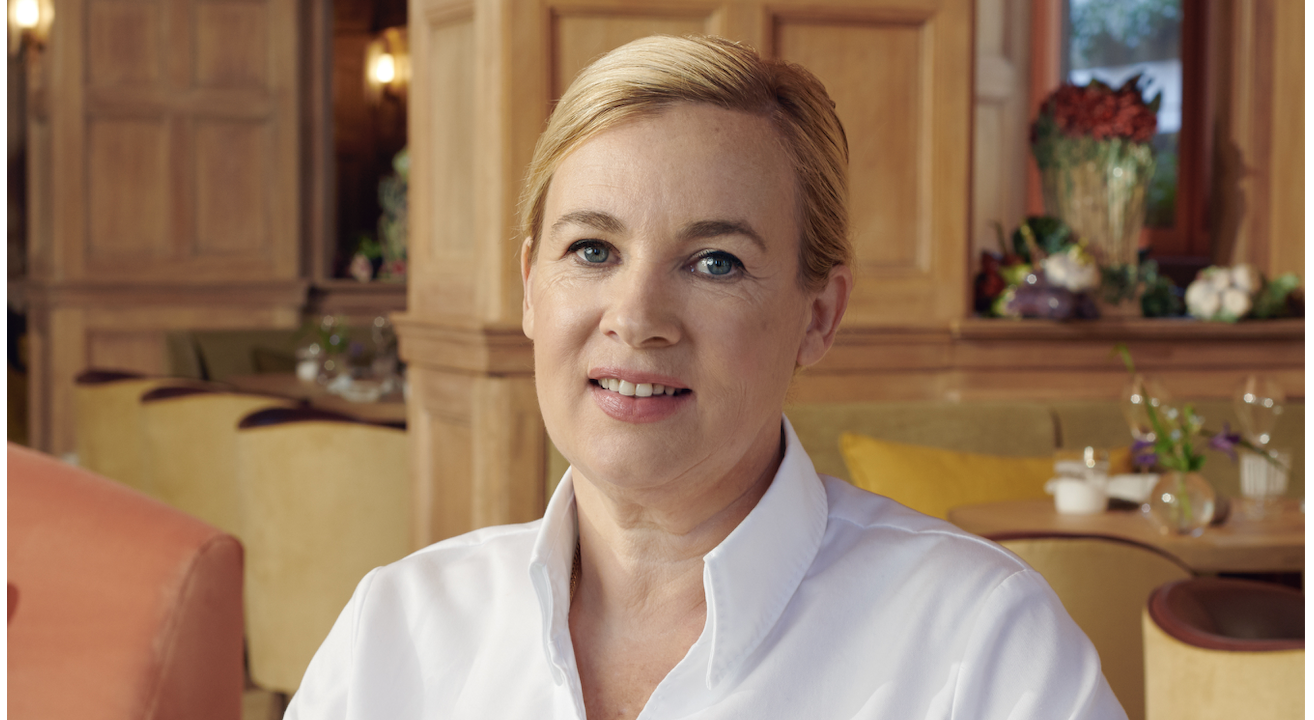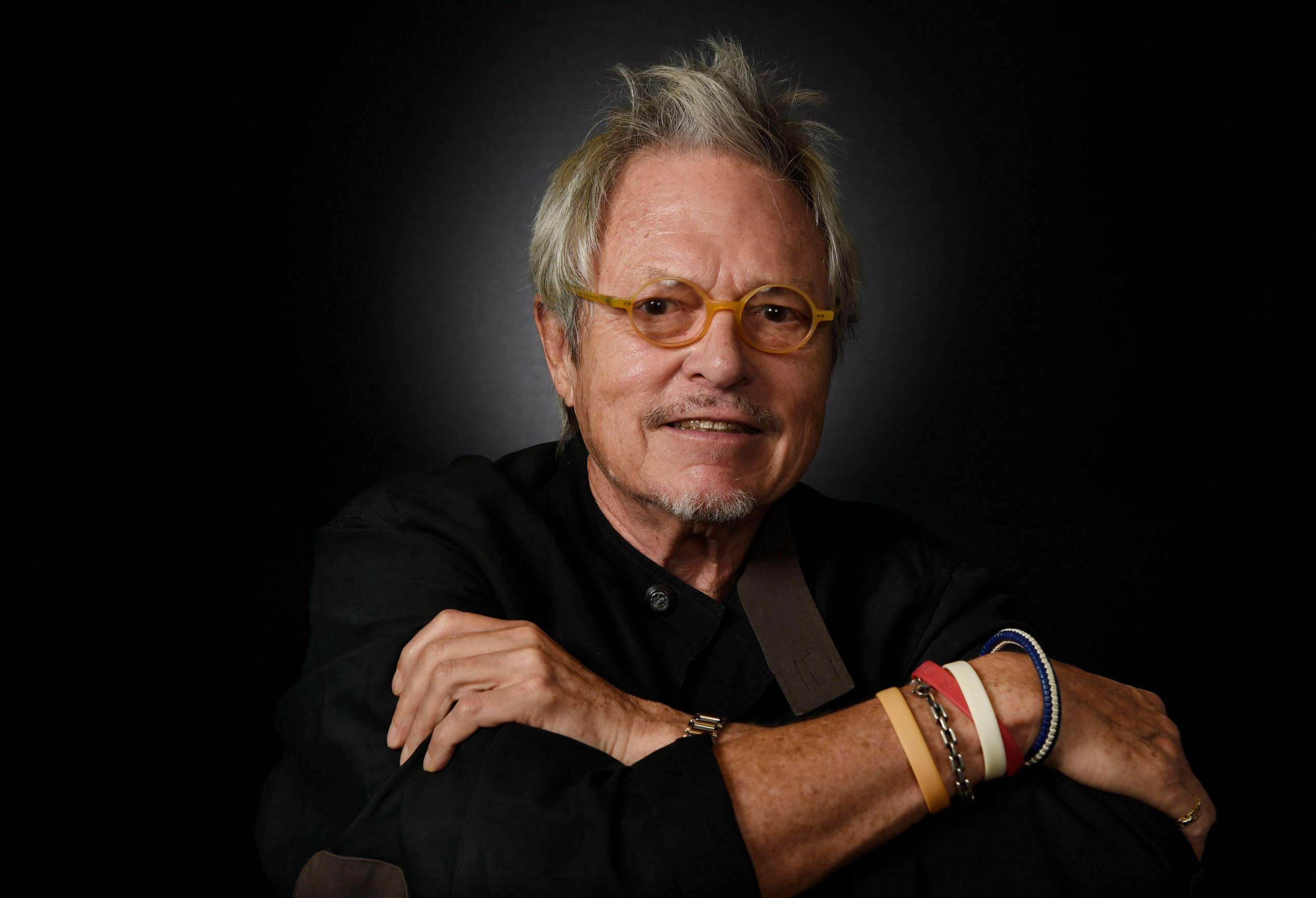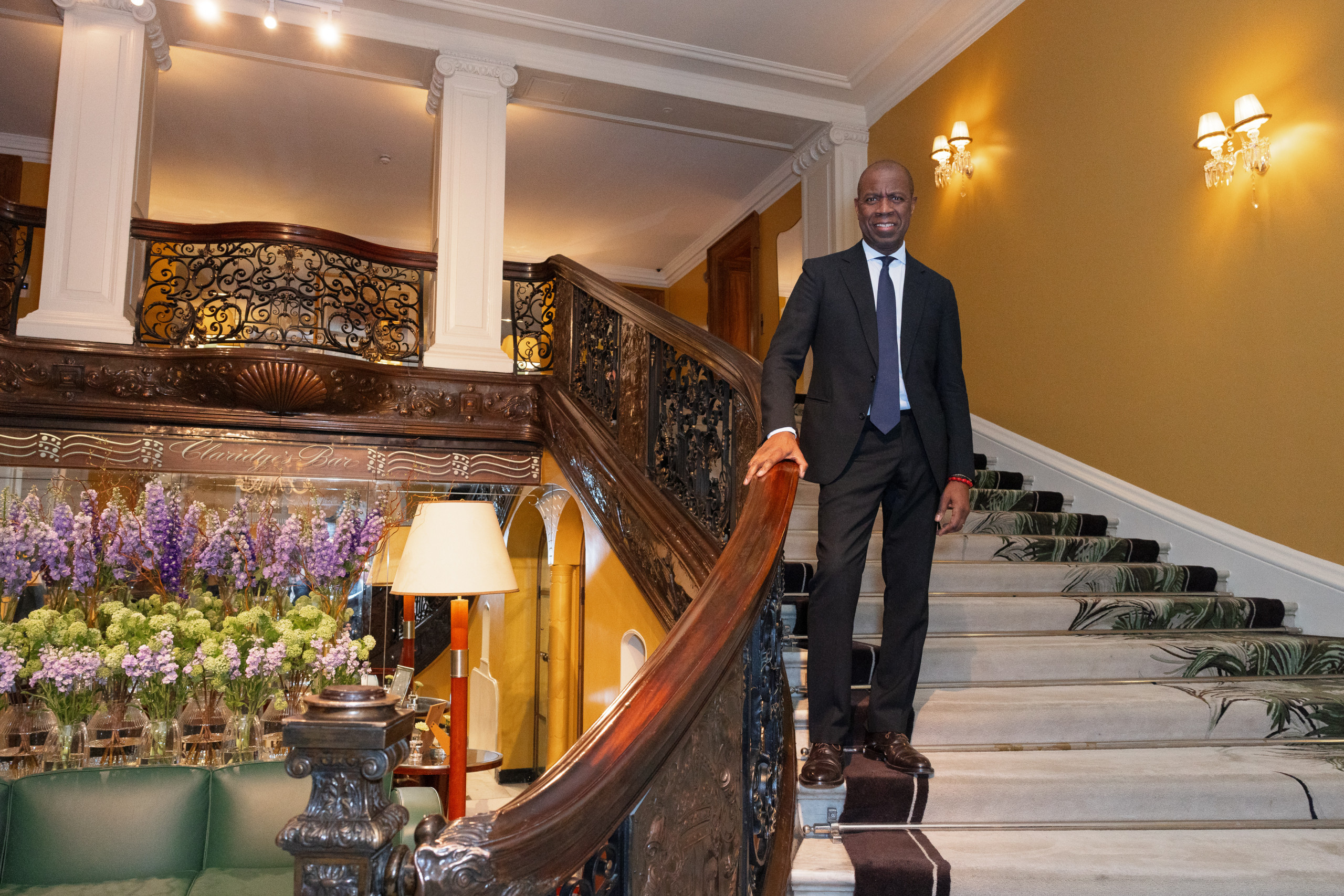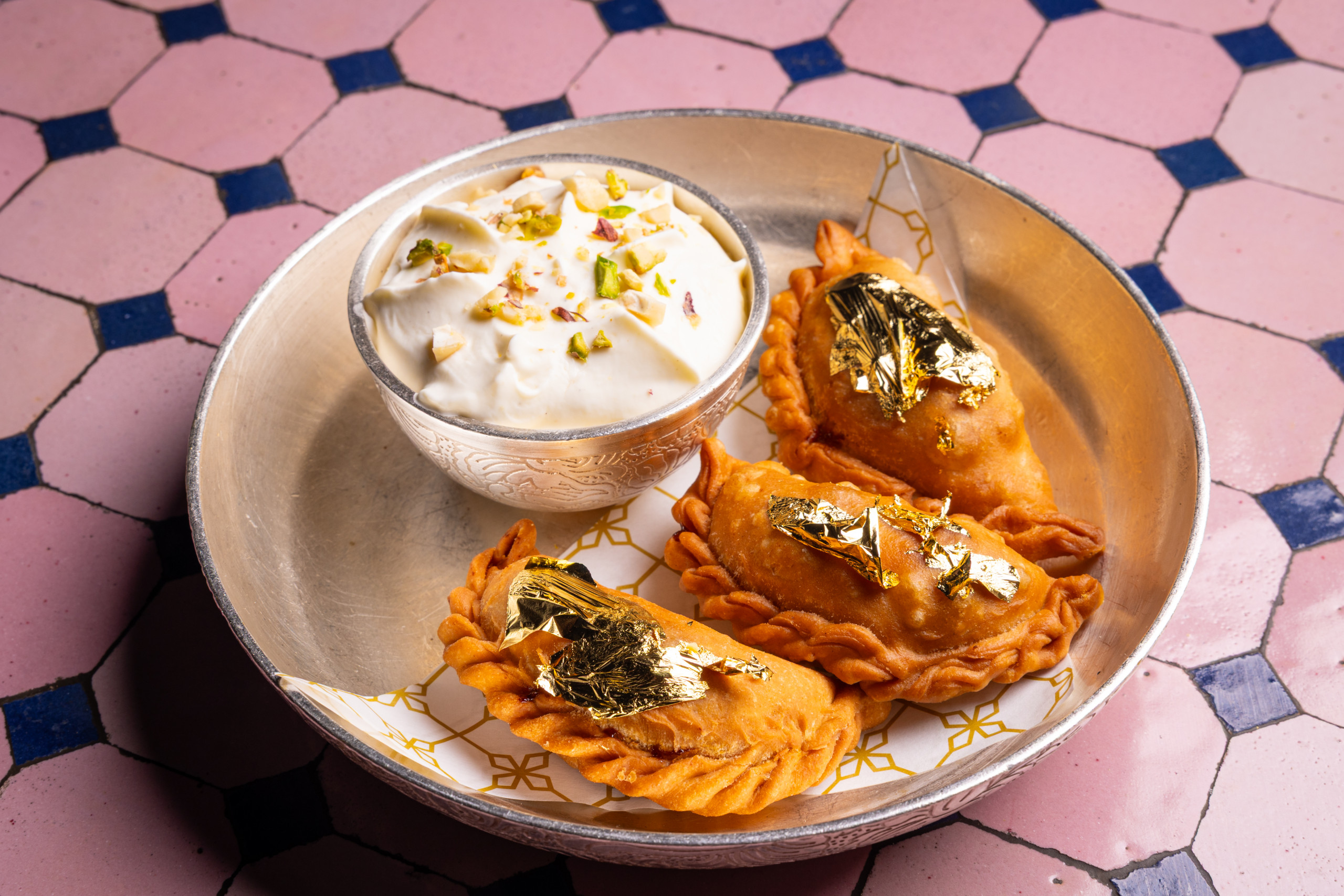Infamous, intriguing and impossibly glamorous, the Mitfordcsisters still fascinate to this day. We take a look at their lives
Words: Corrie Bond-French
During the latter days of the 1930s, on an elegant sweep of stuccoed townhouses where wisteria now blooms and withers with the seasons, a blonde, pale-eyed Nazi sympathiser welcomes visitors behind blackout curtains, doors closing firmly as “Heil Hitlers” skitter on air heavy with subterfuge.
Smoke billows into the smog as papers burn in grates and plans are hatched. But this isn't Berlin – it's Belgravia. And there's no blue plaque to commemorate these former residents of Eaton Square.Later, during the Blitz, a novelist – a future CBE recipient no less – houses Polish Jewish refugees in her aristocratic family's Knightsbridge home, 26 Rutland Gate: the townhouse to which she and her sisters had returned, giddy and triumphant, from their coming-out balls in happier times.
Nancy Mitford, the eldest and best known of the six Mitford sisters, had already penned Love in a Cold Climate, The Pursuit of Love and, indeed, the very damning denunciation of her fascist sister Diana, the most notorious of the clan, to the Churchill government.A June 1940 MI5 memo described Diana as “a public danger at the present time.She is said to be far cleverer and more dangerous than her husband and will stick at nothing to achieve her ambitions – she is wildly ambitious.”
The sole sister born in Belgravia, Diana knew the area better than most and had partied in many of its grand houses. She then scandalised the family, leaving her first husband, Bryan Guinness, and their marital home at Buckingham Place. She moved to 2 Eaton Square to be close to the Ebury Street flat of her married lover, fascist party leader Oswald Mosley. Following the early death of Mosley's first wife, the pair wed secretly in Joseph Goebbels' drawing room. Adolf Hitler was guest of honour. And this was just two days after the 1936 Battle of Cable Street, when Mosley's British Union of Fascists Blackshirts had been faced down in the East End.
When they were eventually arrested, Diana stuffed their wedding gift from Hitler, a framed photograph of himself, under her baby's cot mattress.The couple were eventually reunited in Holloway prison, where Diana, an unrepentant fascist in furs, grew vegetables in enforced faux domesticity,The Mitfords were a notorious clan of contradictions,idealogues and countrywomen, appalling and intriguing in turn.
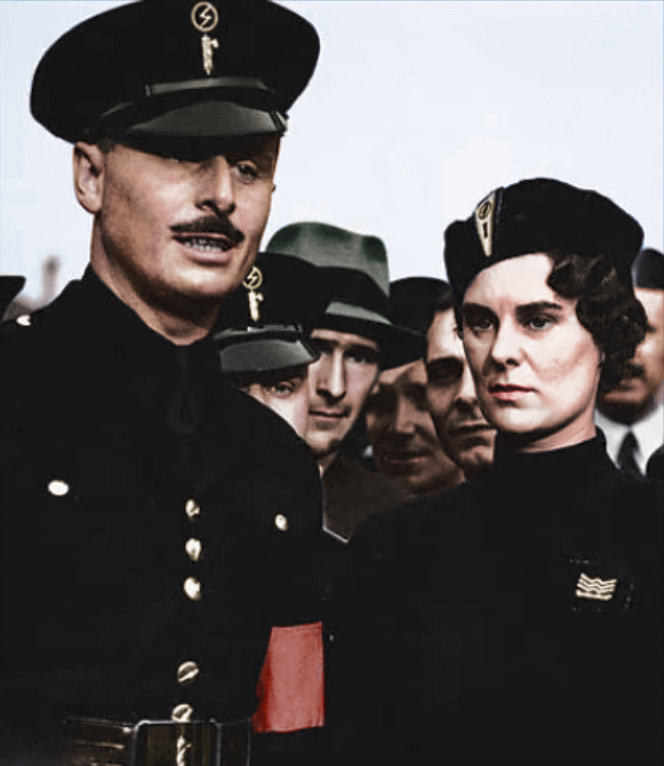
They – and their parents – took tea with Hitler and had family ties to Churchill, not least through one sister's elopement to marry his nephew. Diana was considered the most intellectual by her sister Deborah; Jessica (Decca), the communist runaway, was a noted academic and respected figure in the American civil rights movement, friends with Maya Angelou and sang in a band, Decca and the Dectones;Unity (almost unbelievably conceived in the town of Swastika in Ontario) was the ardent Nazi who stalked and befriended Hitler, recording 139 meetings with him in her recently discovered diaries with fangirl fervour. Her botched suicide attempt when war with Britain was declared saw Hitler arrange her return to England amid rumours of a secret baby. The bullet that remained lodged in her brain caused her early death. Then there was Deborah (Debo), the uchess of Devonshire who knew JFK and set up shop on Elizabeth Street to sell produce from the Chatsworth estate that she had guided into the 21st century.
And what of frugal countrywoman Pamela, described by poet John Betjeman as “gentle Pamela, the most rural of them all”? She eventually lived quietly in the Cotswolds as what her sisters described as a “you-know-what-bian” (a lesbian). And there was Nancy, who briefly attended Francis Holland School, was encouraged to write by Evelyn Waugh and who was happy to secretly observe and report on her fascist sister. In writing her books, Nancy turned them all into characters and myth. A new series, Outrageous, airing on BritBox, proves that the pursuit of Mitford history continues. But it was Diana's granddaughter Charlotte Mosley who published a book of the family's letters that was manna for so-called Mitfordians.
“They were like a chemical experiment,” says Laura Thompson, author of Take Six Girls and Life in a Cold Climate, a biography of Nancy Mitford. “Six total individualists, put them all together, give them that upbringing and then let them loose when the world is going mad. “The letters are an unparalleled window on to a period of history that still fascinates us, but I do think we'd see them very differently without Nancy's writing; the family's image would be stark. They all meant what they were doing, they were politically serious – and yet also desperately competitive with each other.”
Laura met Debo, as well as Diana the year before she died at 93. “Debo was more down to earth, but marvellous. Very frank, very direct. They've all got this wonderful directness, which comes from pure self-confidence. She's a very appealing figure.”Debo famously said “you love the person, not the politics”. Laura says: “She didn't go in for emotional complications. But that didn't mean she wasn't wise. That quote – it's how she navigated the storm and survived them all. “Diana said, ‘I've had a fantastic life'. I can still hear her saying it. And really, objectively, she hadn't in many ways. She went to prison, became a social pariah because of Mosley. But she still spoke extremely highly of him.” It seems extraordinary when he was continually unfaithful to her, including an affair with his first wife's younger sister.”I do think they've got this thing whereby something happened, so pretending it didn't is pointless, and pretending to feel a feeling you don't feel is pointless. She just didn't really care what people said. She said, ‘Oh, the Mitford family's become a terrible bore. She did say that.She was extraordinary”.
Did Diana divulge anything surprising? “She was angry with Nancy because she'd not long found out that Nancy had denounced her in the war. It wasn't even as recent as all that, but I think she was still trying to process it. Nancy sent her books; she sent her letters. And then eventually Diana found out she'd reported her. She never got over it.” A Belgravia betrayal that came back to bite after death, sisterly bonds cracking under the weight of history, yet to some the sisters are curiously modern. “There's a reason young women and gen Z are fascinated by them,” Laura says. “They're like a manual. Bold, funny, autonomous – even when completely wrong. They didn't just signal. They did. And then they lived with the consequences.” Perhaps, but it is no manifesto.

